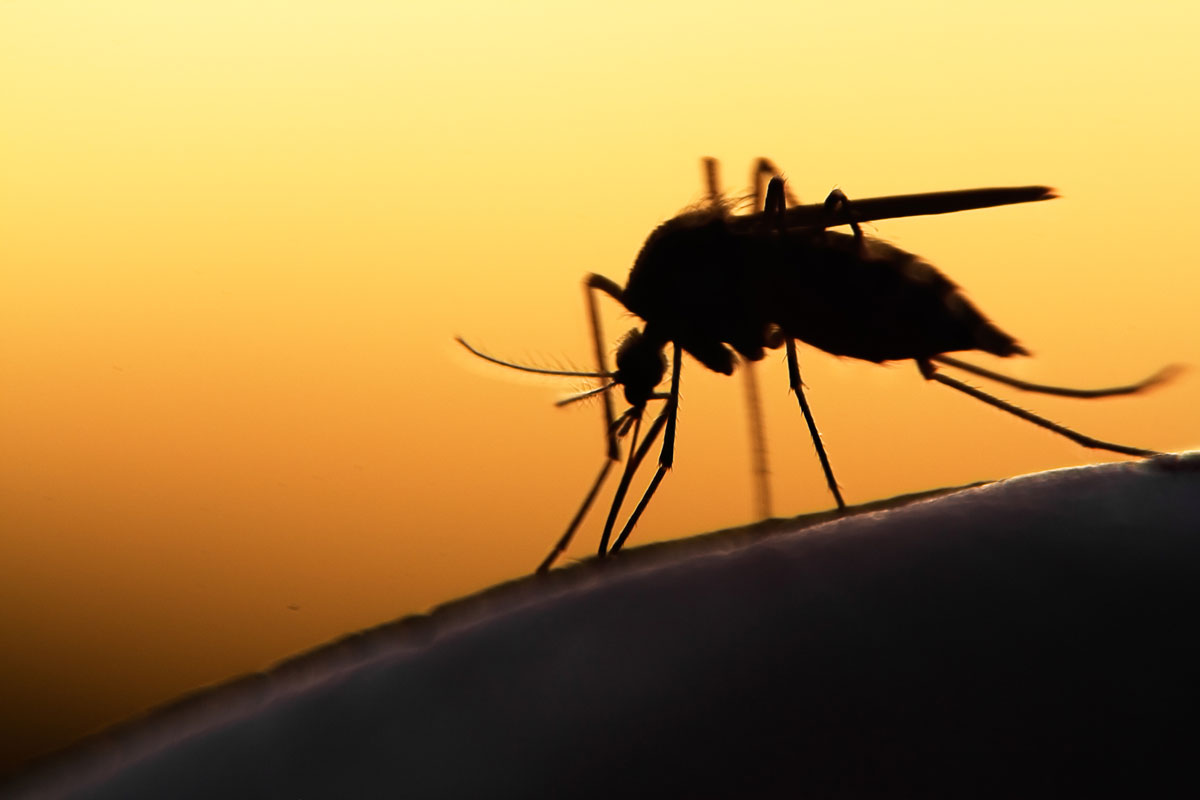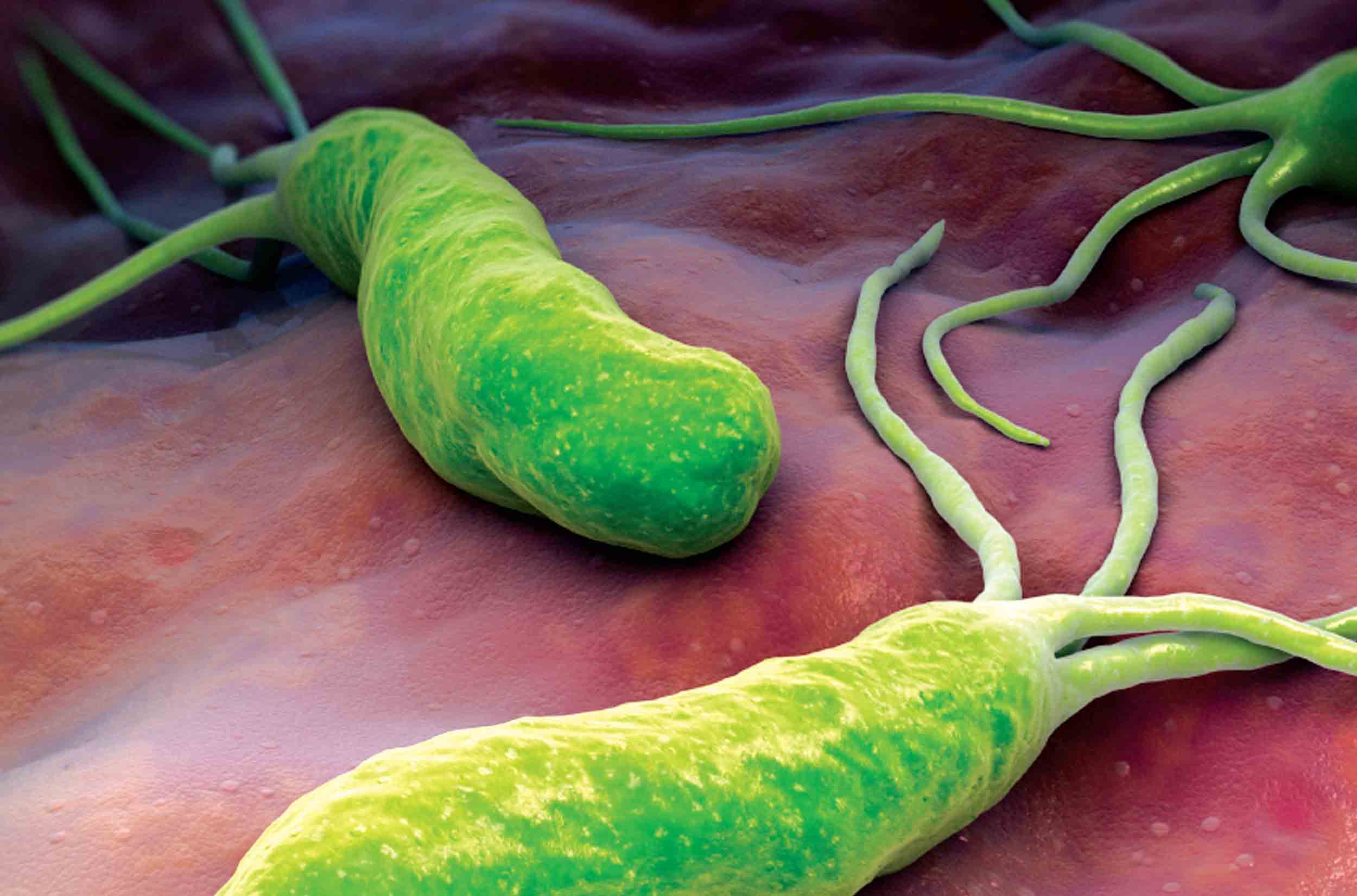This website uses cookies so that we can provide you with the best user experience possible. Cookie information is stored in your browser and performs functions such as recognising you when you return to our website and helping our team to understand which sections of the website you find most interesting and useful.
Malaria Researchers’ Findings May Have Implications for Preventing Spread of Deadly Disease
at the Institute for Systems Biology

Malaria Researchers’ Findings May Have Implications for Preventing Spread of Deadly Disease
ISB researchers and their collaborators are using systems biology approaches to learn how the malaria parasite is able to transfer to humans via the bite of an infected mosquito. The information they have uncovered may help identify new ways to prevent people from contracting the deadly disease.

Dissecting Mosquitoes is Hard!
Photo by Hsiao-Ching Chou Dr. Kristian Swearingen is a research scientist in the Moritz Lab at ISB. He and his collaborators just published a paper in PLOS Pathogens that describes potential new targets for malaria vaccines. Read his article about the research. Asked about the challenge of having to dissect thousands of mosquitoes, he commented: When we started this project, my collaborators collected all the parasites and I focused on…

The 5300-year-old Helicobacter pylori genome of the Iceman
ISB’s Moritz Group, which specializes in proteomics, collaborated on research related to study pathogens from the stomach content and microbiome of Ötzi, a glacier mummy from the European Copper Age. The results were published in Science. Read the article here. Institute for Systems Biology collaborates with researchers worldwide to study pathogens in the stomach content and microbiome of the 5300 year old European Copper Age glacier mummy “Ötzi” and discovers…



